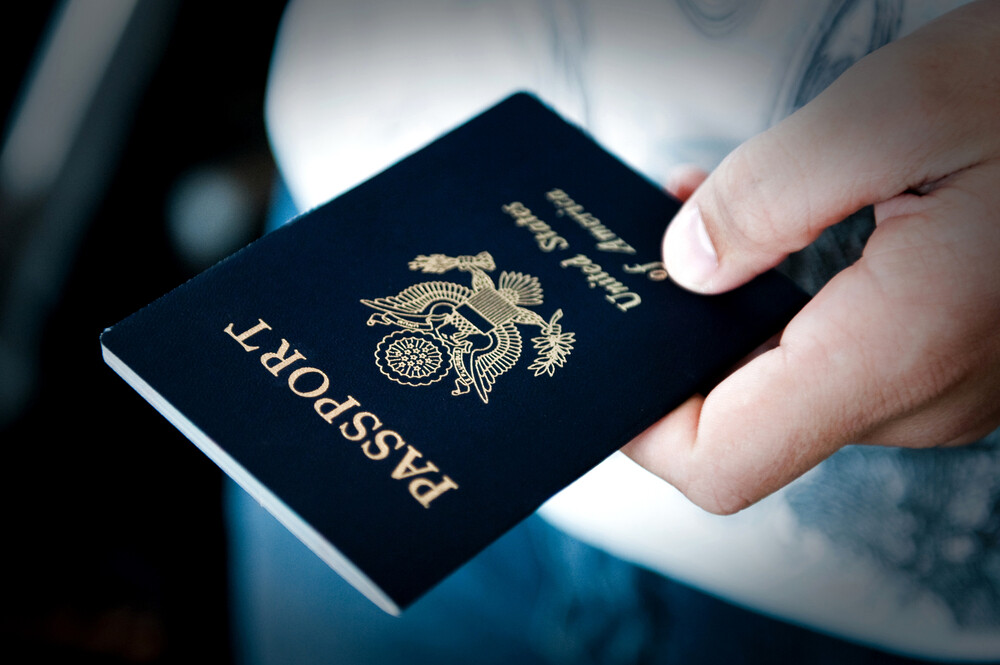Denaturalization is the revocation of formally granted U.S. citizenship. It is not to be confused with renunciation or revocation of U.S. citizenship, which involves an individual giving up his or her U.S. citizenship voluntarily. Notably, denaturalization is not a new concept, and it is not a uniquely American idea. In fact, citizenship status and the threat of losing it have been used since antiquity as a tool to reward and punish–and thereby control—citizens.
For instance, in ancient Rome, being a Roman citizen was a world-class privilege that could be bestowed upon non-Roman individuals for great civic contributions or even for sizeable monetary investments. An enslaved person in Roman times could strive to become a free Roman citizen, and Romans notoriously looked down on non-Roman citizens as “barbarians.” England’s 1290 Edict of Expulsion ordered all Jews to leave, categorizing them as non-citizens (something the Nazis would also do in 1930s Germany, as would Mussolini in fascist Italy). Spain expelled thousands of Muslims and Jews during the Inquisition as non-citizens. The Ottoman Empire increasingly restricted the rights of Armenians by denying them full citizenship rights and by carrying out – among numerous other atrocities – including mass deportations of Armenians. The 1901 Australian “immigration restriction act” caused hundreds of Chinese Australians to lose their citizen-given right to vote. The 1970s Black Citizenship Act of South Africa during Apartheid led to thousands of black South Africans becoming citizens of government-created “homelands” and being stripped of actual South African citizenship. Many Cubans who fled the Castro regime would forever give up their right to Cuban citizenship, or to freely return to Cuba. These are but a few examples of how granting or revoking citizenship was used as a tool by governments to exert control over segments of population within their sphere of influence. It is certainly a history to be aware of when our own government begins to talk about how to restrict citizenship rights.

